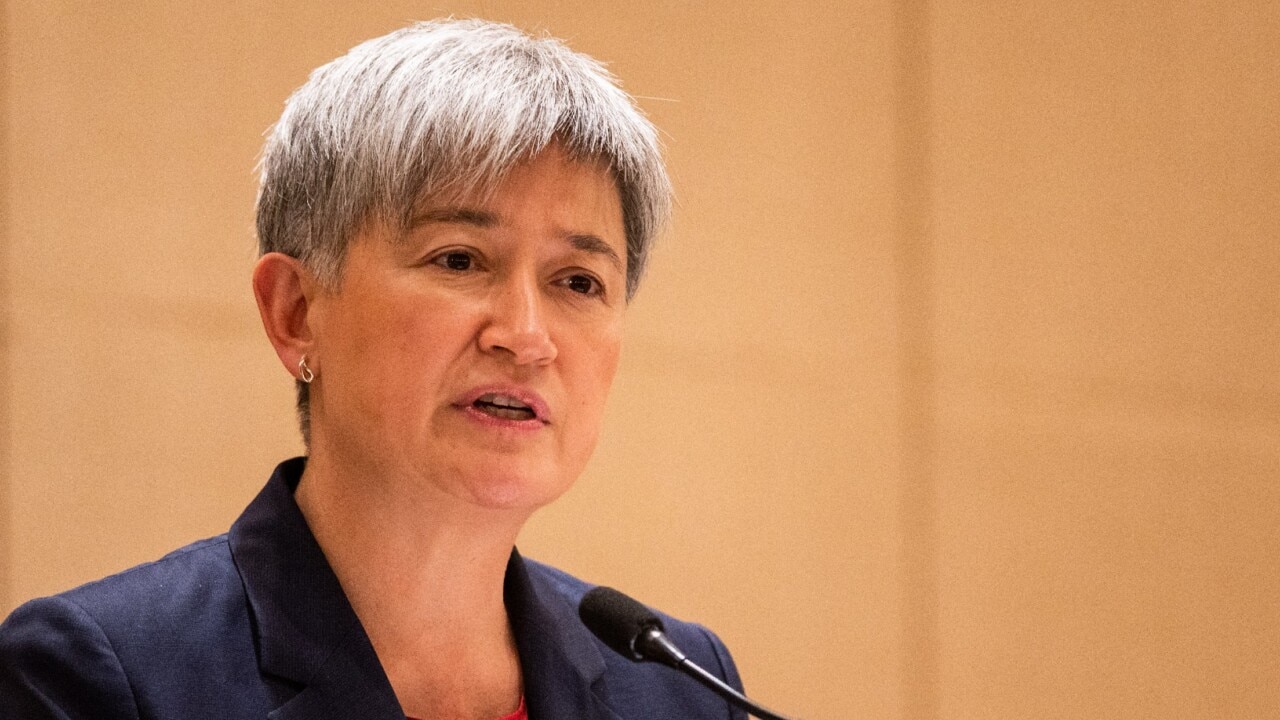
The decision to send military aircraft and personnel to support Australians “in the region” aligns with pessimistic assessments in Canberra about the dangers of a broader regional war. The US has also reached a similar conclusion and is sending forces to the region and masking contingency plans for American civilians there.
While there is no certainty that the war will spread, there is a growing belief in Canberra, Washington and in other Western capitals that Iran, via its Iranian-backed terror proxy groups like Hezbollah, will seek to take advantage of Israel’s commitment to Gaza to open a new front against Israel or even attack US forces in the region.
It comes as Australia and the West become increasingly uncomfortable with how Israel is conducting its war on Hamas as the humanitarian crisis in Gaza worsens.
This does not mean that Australia and the West will refrain from giving their full support to Israel’s stated ambition to wipe out the terror group Hamas after its murderous attacks on Israel.
But cracks are clearly appearing in the West’s support for how Israel goes about this as a massive bombing campaign in Gaza continues unabated and the civilian death toll rises in the besieged territory.
Australia and other Western nations are now engaged in a diplomatic balancing act of supporting Israel in its war on Hamas while also obliquely criticising the way it is going about it.

Foreign Minister Penny Wong’s statement in which she calls for “humanitarian pauses on hostilities” to allow aid into Gaza is Australia’s diplomatic way of suggesting that Israel is going about its war the wrong way.
Wong says “the way Israel exercises the right to defend itself matters. It matters to civilians in the region and it matters to Israel’s ongoing security.”
What she means here, without saying it, is that Israel is overreaching with its bombing campaign, creating a civilian death toll and a humanitarian crisis which escalates the risk of a broader war in the region.
Wong then says “Innocent Palestinian civilians should not suffer because of the outrages perpetrated by Hamas”.
Once again, Wong is saying that Israel’s bombing campaign is causing far too many civilian deaths and making the obvious point that Palestinian civilians in Gaza are not Hamas. Yet Wong was careful not to use the term “collective punishment” which is technically a war crime and was used by UN Secretary General Antonio Guterres, leading Israel to call for his resignation.

Words are bullets in international diplomacy right now as Western nations delicately try to navigate the fast moving crisis while still supporting Israel.
Wong’s call for a “humanitarian pause” makes sense given that the amount of aid which has been allowed into Gaza so far is completely inadequate to address a population which has been starved of food, water, fuel and medicine for more than two weeks. But Wong avoids the term “ceasefire”, which both the US and Israel oppose, believing it would give an advantage to Hamas.
The US and Australia are on the same page here. US Secretary of State Antony Blinken told the US that humanitarian pauses “must be considered” to allow food and water to reach the people of Gaza.
“There is no hierarchy when it comes to protecting a civilian’s life. Civilians are civilians,” he said.

But White House spokesman John Kirby said a ceasefire was a different proposition. “A ceasefire, right now, really only benefits Hamas,” he said.
So what is the difference between a humanitarian pause and a ceasefire? Although Blinken and Wong have not clarified this, presumably a humanitarian pause is far shorter and more informal than a ceasefire. The dilemma for Israel right now is only growing. It has agreed to US requests to delay its planned ground offensive to allow US forces to get to the region and maximise the chance of securing the release of more hostages. But it does plan to launch that offensive soon which will add significantly to the civilian death toll in Gaza. This will further damage Israel’s reputation internationally but it is also the only way to achieve Israel’s stated aim of destroying Hamas.
Of growing concern is that right now there is also no realistic path to alleviate the growing suffering of the Palestinian population in Gaza. The number of aid trucks currently being allowed into the territory via Egypt are pitifully inadequate to address the humanitarian crisis. Any “humanitarian pause” would need to be a long one with streams of trucks carrying food, water and fuel into the territory. But there is no sign as yet that either Israel or Hamas would agree to a humanitarian pause, much less a significant one.
For Australia and the West, this conflict is becoming increasingly complex to navigate diplomatically. And the greater fear is that it may soon spread beyond Gaza.








The Albanese government and other Western nations appear to have made the fateful conclusion that Israel’s war on Hamas is now likely to spread beyond Gaza.